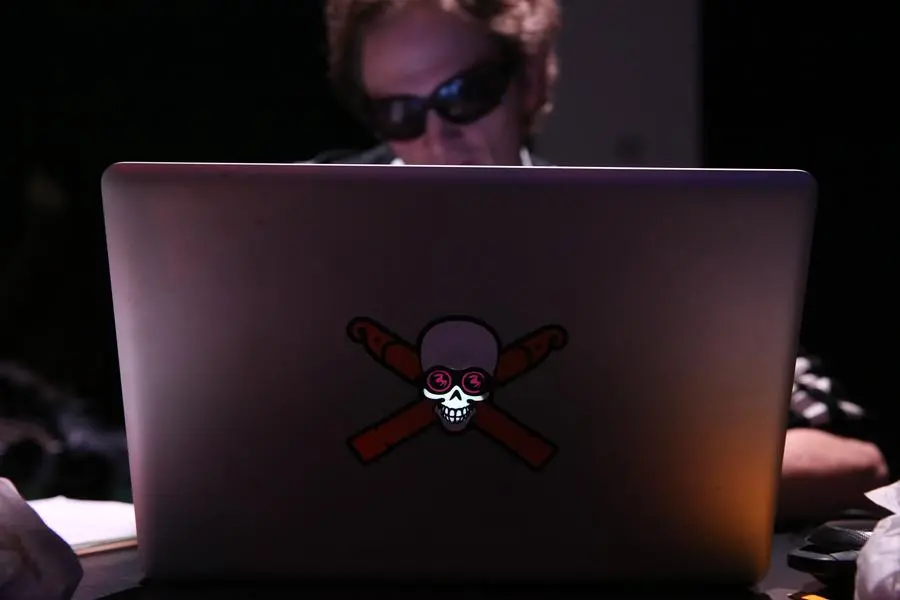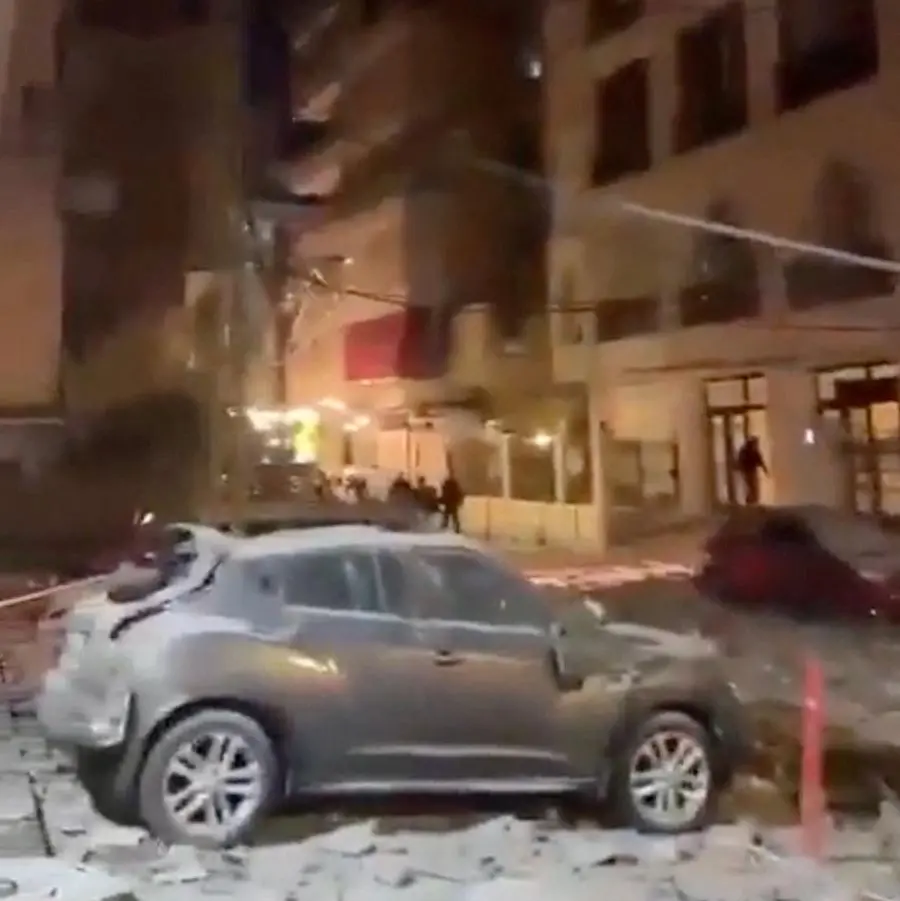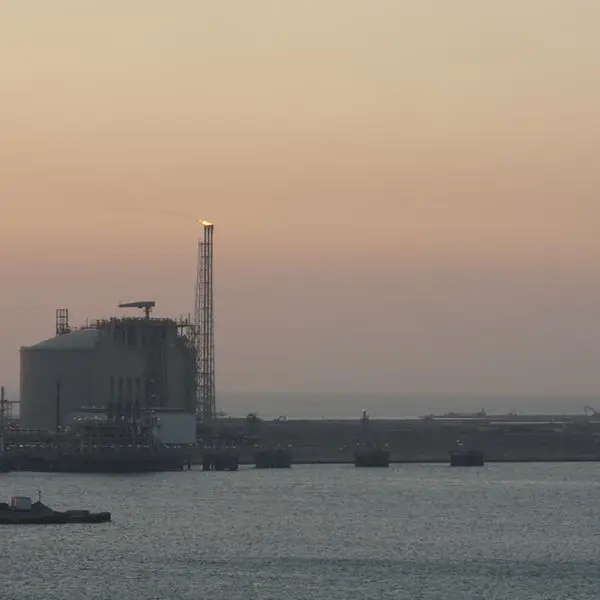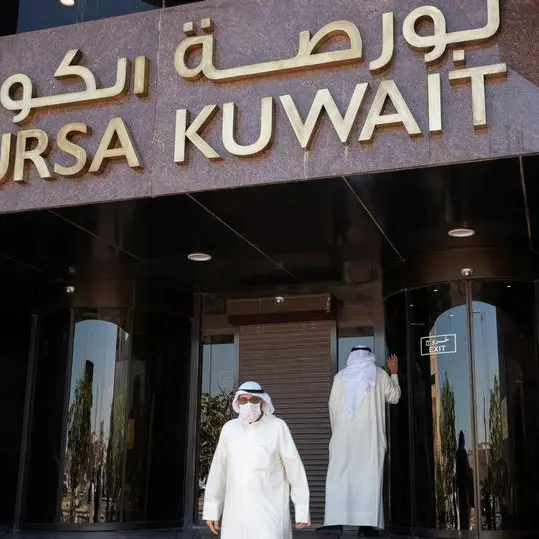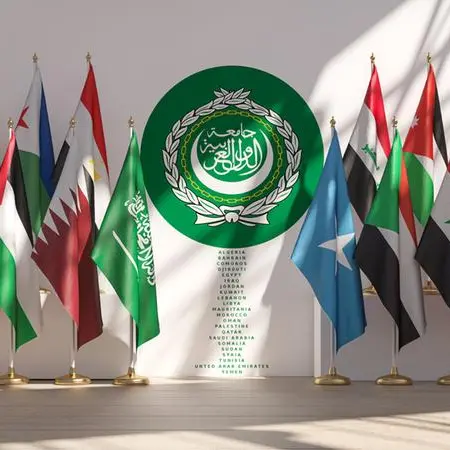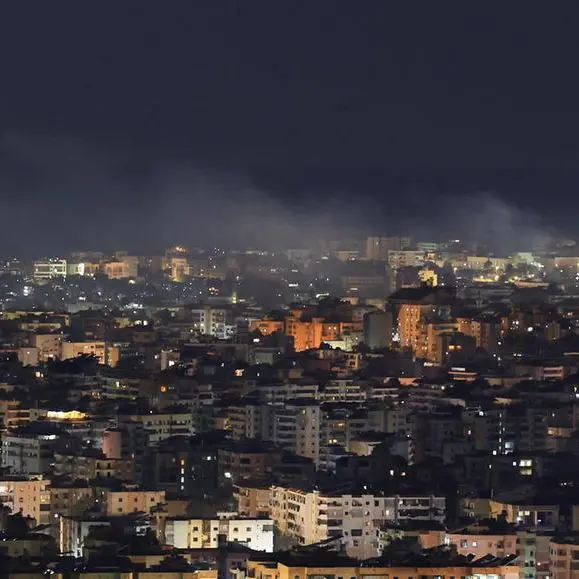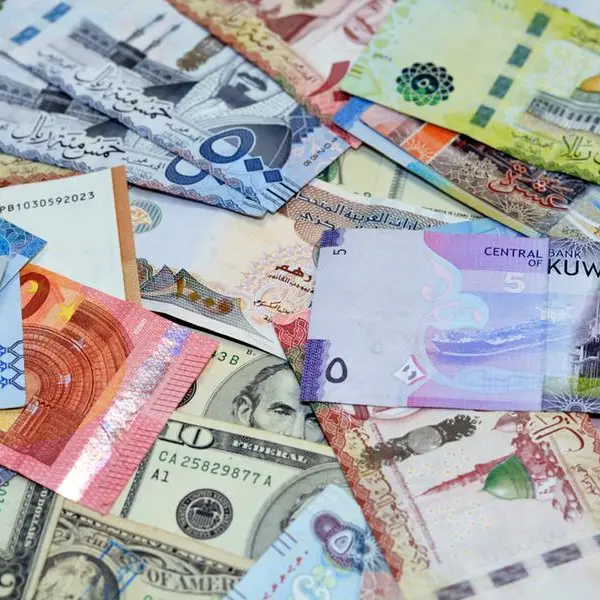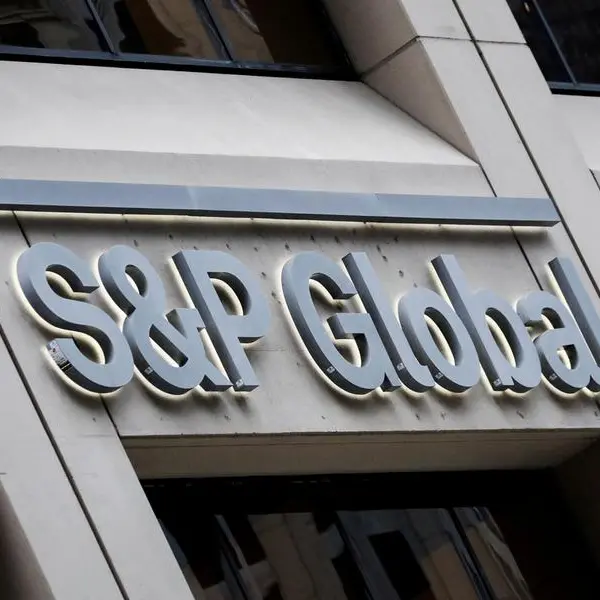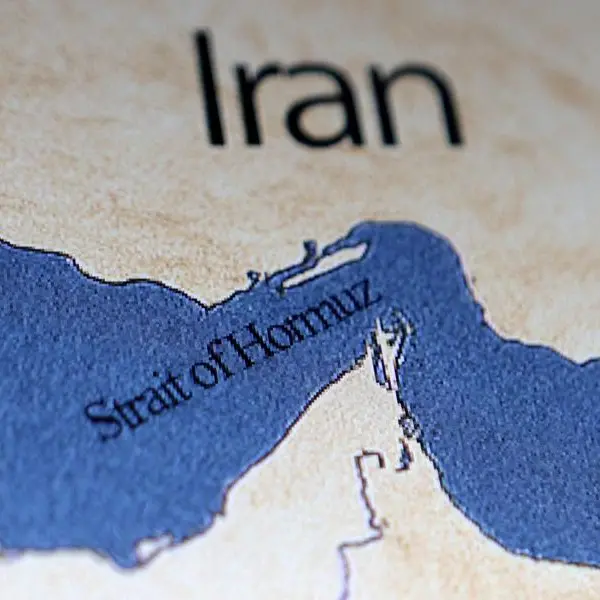PHOTO
Iran said it suffered a cyber attack by Israel and the United States that disrupted fuel distribution across 60 percent of petrol stations on Monday.
"Some gas stations across the country suffered a cyber attack and the fuel distribution stopped," Oil Minister Javad Owji told state TV.
Owji blamed the attack on external powers, saying that since "the Zionist enemy (Israel) and the United States suffered blows in other fronts, they sought to create trouble."
Deputy Oil Minister Jalil Salari earlier said there were problems with the cards Iranians use to buy subsidised petrol.
Iran, a major oil producer, has among the cheapest petrol prices in the world, with a card that allows Iranians to buy up to 60 litres per month at a subsidised rate of 15,000 rials (around 3 US cents) per litre.
Following the system failure, petrol stations "disconnected the online system" and fuel was being supplied offline, Salari said.
Monday's disruption caused long car queues outside some stations in Tehran while others were completely shuttered, according to an AFP correspondent.
Iran's president Ebrahim Raisi called for an investigation and urged "immediate measures" to resolve the crisis.
Authorities formed a "crisis committee" and Salari expressed hopes the system would be fixed within a few hours.
Iran suffered a similar week-long disruption in October 2021 which officials blamed on an unprecedented cyberattack by outside actors.
Fuel cards were first introduced in 2007 with a view to reforming the subsidies system and curbing large-scale smuggling.
Iran's economy has been battered by internal mismanagement and external pressure. In 2018, the US withdrew from a landmark nuclear agreement and reimposed sanctions that had been lifted for a few years.
The government has accused arch-enemy Israel of a wave of sabotage attacks and assassinations targeting its nuclear programme.
The US and Israel accuse Iran of orchestrating attacks against allied forces and ships in the region.
